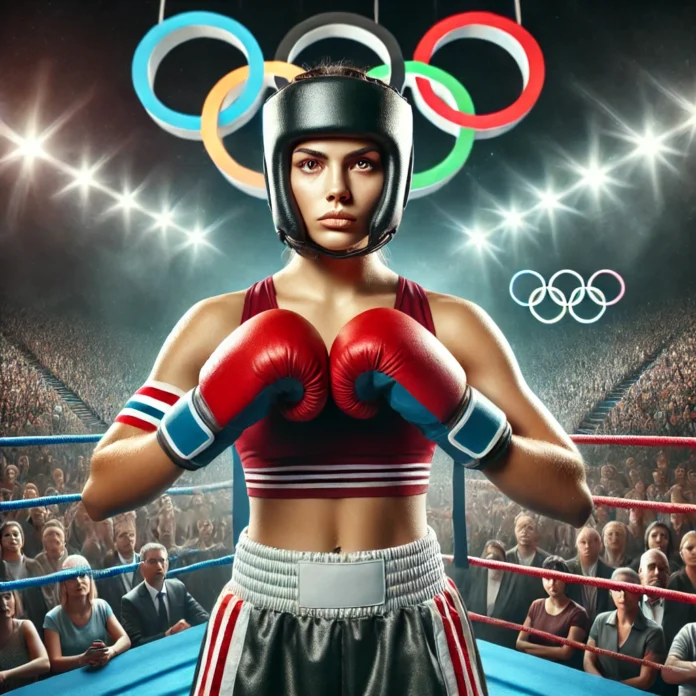This year’s Paris Olympics have been marred by controversy surrounding Algerian boxer Imane Khelif, whose participation in the women’s welterweight boxing event has sparked intense debate. The issue centers on her gender eligibility, which has been questioned despite her compliance with International Olympic Committee (IOC) guidelines.
Background of the Controversy
Imane Khelif was disqualified from the World Championships last year due to failing to meet the International Boxing Association’s (IBA) gender eligibility criteria. However, she is competing in the Olympics after being cleared by the IOC, which has different regulations. The IOC allows athletes to compete in the category that aligns with their gender identity, provided they meet specific criteria, including maintaining testosterone levels below a certain threshold (Sky Sports) (JioCinema).
Reactions and Criticism
The controversy gained further traction when Khelif’s opponent, Angela Carini from Italy, quit their bout early and refused to shake hands, citing concerns over fairness and safety. This incident fueled further public outcry and debate about the inclusivity and fairness of allowing athletes with different gender identities to compete in gender-specific categories (Sky Sports).
Critics argue that athletes like Khelif might retain physical advantages associated with male biology, even after transitioning and undergoing hormone therapy. This viewpoint has been echoed by several sporting bodies and athletes who believe that current regulations may not adequately ensure a level playing field (JioCinema).
Official Responses
The IOC and Algeria’s Olympic Committee have defended Khelif’s participation. The IOC emphasizes that all competing athletes are compliant with the established eligibility rules and that questioning these athletes’ participation without due process is unfair. Algeria’s Olympic Committee condemned the negative propaganda targeting Khelif, stressing the importance of respecting athletes’ dignity and rights (Sky Sports) (JioCinema).
Broader Implications
This controversy highlights the ongoing challenges sports organizations face in balancing inclusivity with fairness. The differing standards between the IOC and IBA underscore the complexities involved in creating universally accepted guidelines. As gender identity and its implications in sports continue to evolve, these debates are likely to persist, necessitating ongoing dialogue and policy refinement.
In conclusion, Imane Khelif’s case at the 2024 Olympics serves as a critical example of the broader discussions around gender, identity, and fairness in competitive sports. As the world watches, it remains to be seen how these issues will shape the future of athletic competitions.





